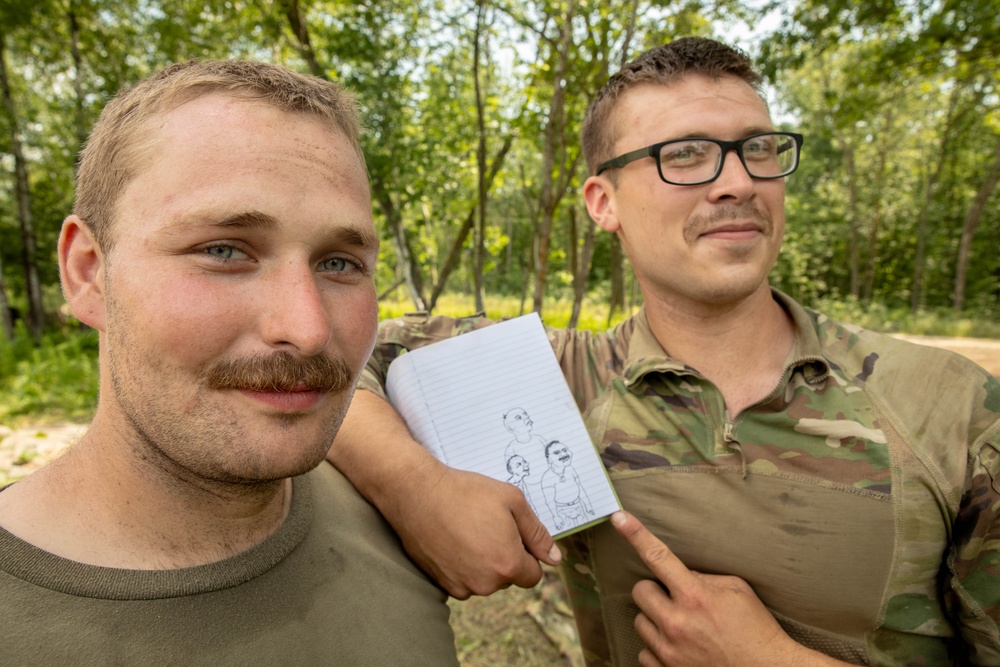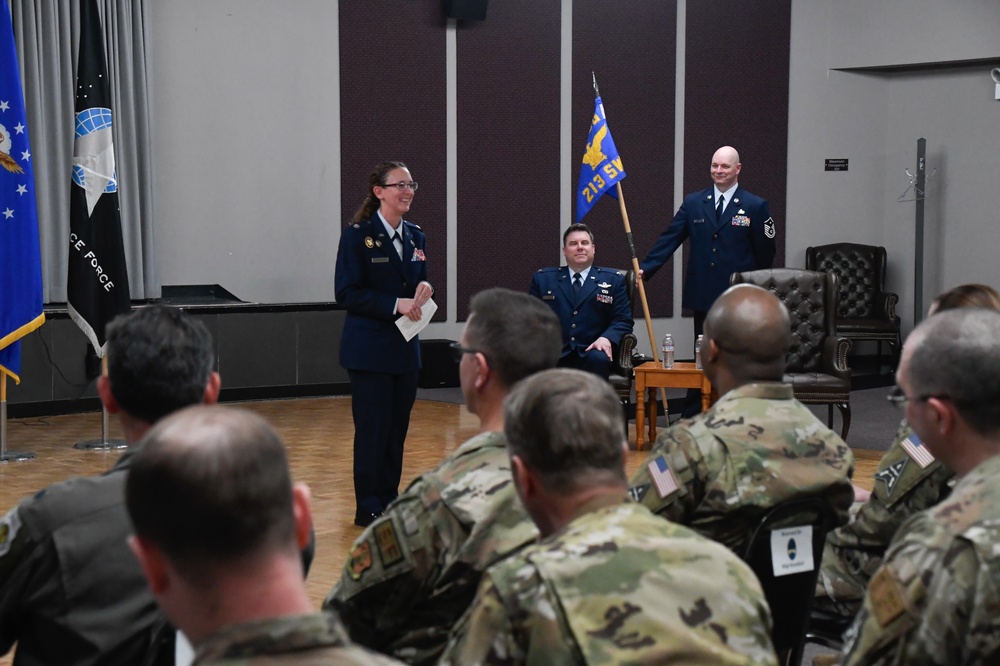DVIDS – News – Sports Injuries: Prior Planning and Consistency
By Capt. Carl Amolat, 1st TSC-OCP Safety Officer
During the 143d Expeditionary Sustainment Command’s deployment in Kuwait, the Safety Office of the 1st Theater Sustainment Command Operational Command Post noted an uptick in sports-related injuries.
Several sports injuries involved overly ambitious physical training goals and wildly ambitious strength and conditioning plans as root causes. The saying “An ounce of prevention is worth a pound of cure” readily springs to mind.
Prior planning is that preventative measure. What goes into it is a realistic understanding of one’s capabilities, limitations, and environmental and work conditions. Factors such as age, injury history, sleep schedule/hygiene, acclimatization, and physical training history all play into developing the starting point.
Having established this starting point and knowing the desired goal makes planning for said desired goal a lot more accurate. This is where consistent and balanced effort over time comes into play. Sgt. Maj. Shannon Thornbury, 143d ESC Support Operations Sergeant Major, a kinesiologist in civilian life, has these focal points for balanced strength and conditioning plans:
Aerobic. The core of any fitness program should include some form of continuous movement. Examples include swimming, running, and dancing.
Strength. These exercises help increase muscle power and strength. Examples include resistance training, plyometrics, weightlifting, and sprinting.
Calisthenics. These moves are usually performed without gym equipment using large muscle groups. They’re done at a medium aerobic pace. Examples include lunges, situps, pushups, and pull-ups.
High-intensity interval training (HIIT). This type of exercise includes repetitions of short bursts of high-intensity activity followed by low-intensity exercises or rest periods.
Boot camps. These are timed-based, high-intensity circuits that combine aerobic and resistance exercises.
Balance or Stability. These exercises are designed to strengthen muscles and improve body coordination. Examples include Pilates, tai chi poses, and core-strengthening exercises.
Flexibility. These exercises help muscle recovery, maintain range of motion, and prevent injuries. Examples include yoga or individual muscle-stretch movements.
It is possible to combine one or more of these areas in a training session, i.e., purely aerobic work such as 10-20 minutes of swimming following a strength training session without overstraining. However, This requires some experience and being aware of one’s limitations.
It seems contradictory to intentionally look away from the type A personality impulse to precisely do that. However, an injury that either sends a Soldier home early or puts that Soldier on a limited duty profile for a lengthy period is ultimately not a prudent risk.
It may be frustrating, and daresay discouraging, to watch younger, stronger, and fitter Soldiers move heavier weights, run faster, and play harder on the sports pitch. However, bear in mind it took a fair amount of consistency on their part to get to that point.
Suppose one is starting from a previously sedentary lifestyle before mobilization. In that case, it will be a recipe for injury to copy training programs used by the more athletic Soldiers previously mentioned.
It requires a certain degree of self-discipline to train consistently, day in and day out, and trust the training process without a bit of envy of more physically capable peers. But consistency gets sustainable results and avoids or mitigates injuries. Small, continuous improvements add up over time.
| Date Taken: | 08.03.2023 |
| Date Posted: | 08.03.2023 12:17 |
| Story ID: | 450583 |
| Location: | CAMP ARIFJAN, KW |
| Web Views: | 7 |
| Downloads: | 0 |
PUBLIC DOMAIN
This work, Sports Injuries: Prior Planning and Consistency, must comply with the restrictions shown on https://www.dvidshub.net/about/copyright.


 Private Internet Access gives you unparalleled access to thousands
of next-gen servers in over 83 countries and each US state. Your
VPN experience will always be fast, smooth, and reliable.
Private Internet Access gives you unparalleled access to thousands
of next-gen servers in over 83 countries and each US state. Your
VPN experience will always be fast, smooth, and reliable.

